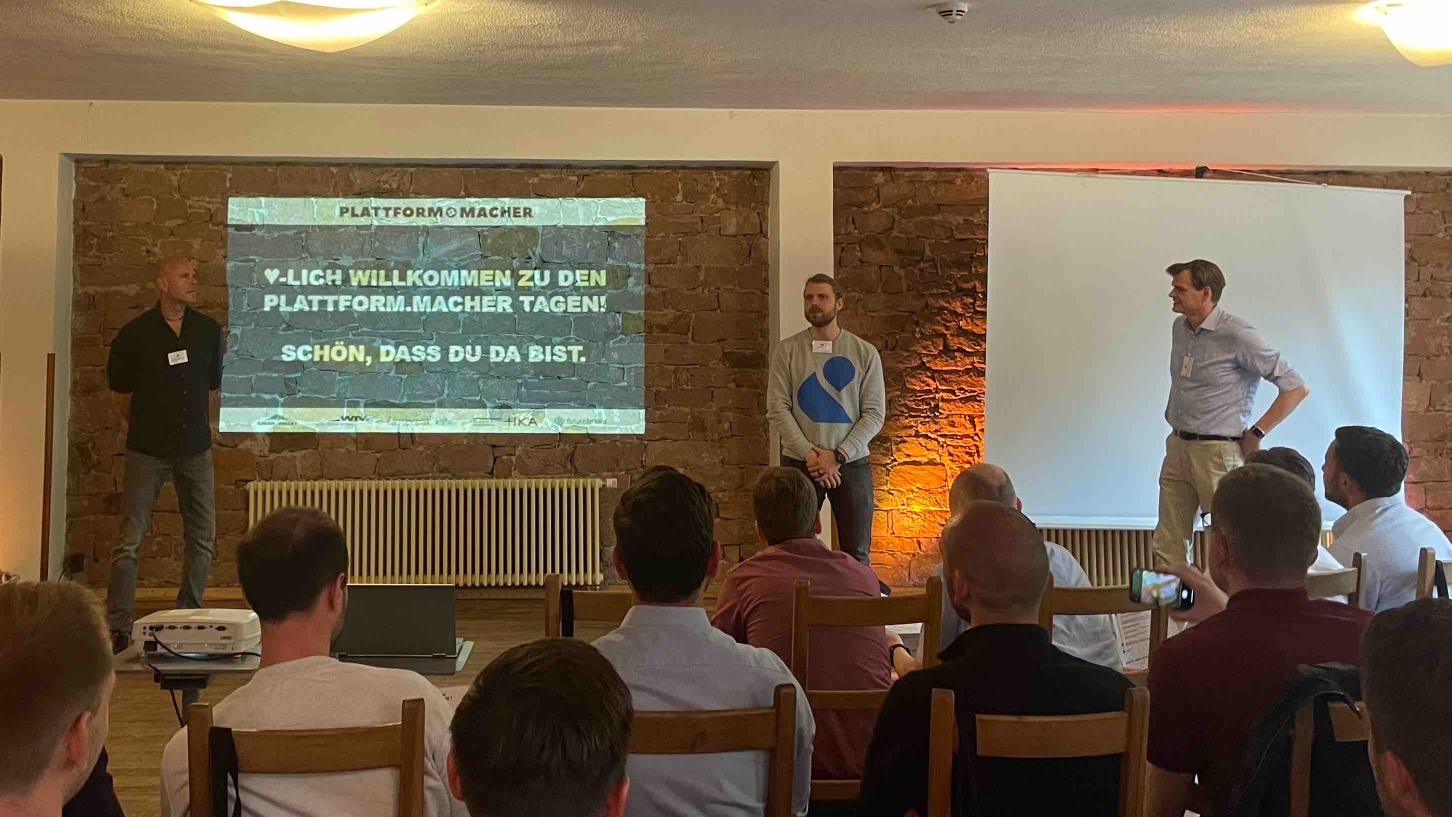In our latest Episode we were very pleased to welcome Thilo Kassen, Executive Manager of PRISMA European Capacity Platform, the leading gas capacity platform in Europe. Together with Thilo we discussed the interesting shareholder model behind the company and how sustainability and climate change affect the future gas market in the long run.
PRISMA European Capacity Platform is acting as the leading gas capacity trading platform in Europe. Within their marketplace they offer the possibility to easily auction transmission gas capacity at primary and secondary market level. Founded in 2013, PRISMA is currently connecting 45 infrastructure operators and over 600 shipper companies all over Europe. Although the number of players on the platform sounds quite small, PRISMA manages about 70% of the European gas market which is highly fragmented.
What makes PRISMA so special is the shareholder model they operate. Founded and owned by many infrastructure companies around Europe, this cross-country collaboration model of PRISMA could act as a role model for other industries and European wide platforms initiatives.
We are very pleased to discuss together with Thilo Kassen, Executive Manager of PRISMA European Capacity Platform, about the background of the company’s foundation and the shareholder management that goes along with its business model.
Orchestrating a fragmented market via shareholder management
One special part about PRISMAs business model is the fact that they manage 24 shareholders, all of them of a strategic kind, which belong also to the customer group of the platform at the same time. Beneath their economical aim which is to use the platform as a sales channel, PRISMA’s shareholders also care for supporting the European gas market to work as smoothly as possible.
This is indeed an important aspect because as Thilo mentions, compared to the local markets, the overall connection between the different countries didn’t work that efficiently before PRISMA was founded. The main reasons were a lot of friction due “to the limited possibilities of accessing another country and moving gas from one country to another for various reasons”. Especially for countries which do not produce gas on their own, a common system for transactions all over Europe is necessary.
To create an equal market for all European countries, the European Union launched some initiatives to harmonize European markets and within this process the idea to create a platform to cover this problem was born. The approach was to design a network based on a set of common rules and to actively engage especially the producer side. But how to align these goals with managing all these different potentially competing shareholders at the same time?
According to Thilo, for most of the companies the choice of a common ground to actively cooperate is the better option than creating own fragmented shops and marketplaces. Furthermore, most of the participating companies are in some way operating their own part of the market and are not that competitive in the first place, leading to a more proactive willingness to cooperate. So in this case the strategic advantages of joining the platform clearly offset the risks, once the companies understand that there are some problems which they all have in common and which can only be tackled together.
Thilo sums this up as an “top-down, bottom-up approach” with the top-down pressure of the European Union on the one side and bottom up the increasingly understanding of the benefits of collaboration from the company side.
The impacts of energy revolution on the European gas market
Due to climate change we face an emerging trend towards more sustainable energy sources leading to a shift away from fossil fuels. That is why we are very interested in possible impacts on the business model of PRISMA. Thilo points out that in terms of climate change the domestic production of gas is declining faster than the consumption. Hence, the need to use the transport infrastructure is not affected that much in the first place because the transportation of gas from foreign countries will stay important over the next few years.
Anyway, in the long run it is necessary to go with the transition towards renewable energies. For Thilo, this could be an interesting option if already existing infrastructure is reused by renewable energy carriers.
One last piece of advice
As always, we asked our guest for his one leadership advice. In the spirit of the episode, Thilo is all about the importance of cooperation:
“I think, tackling the entire development of your business plan from a more cooperative perspective is something that I truly believe in instead of rather thinking on a short-term optimization on how you can get the most out of the activities of others on your platform”
Thilo Kassen, Executive Manager of PRISMA European Capacity Platform
Thank you Thilo for the great conversation and insights.
The complete episode can be listed at your favorite podcast provider.



